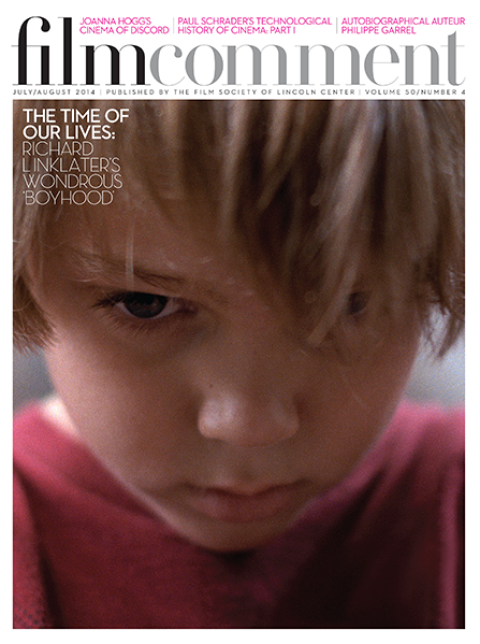“We made a lot of plans, but they all fell through.” Those 11 rather innocuous words—spoken in a voice tinged with panic and humiliation by veteran screen star and real-life ex-con Paul Kelly, somewhere late in Edward Dmytryk’s 1947 anti-anti-Semitism noir masterpiece Crossfire—are the sound of something enormous and invisible quietly coming apart. It’s the sound of mid-20th-century America, breaking into pieces.

Crossfire
Kelly’s role, his brief but extraordinary performance, his life story, and those 11 words haunt and define Crossfire, just as they haunt and define film noir, postwar America, and the midcentury male psyche. They speak of the aftermath of a war we’d just “won,” and of every war we’ve fought since; of men, not triumphant but adrift. “We made a lot of plans but they all fell through”—plans for victory and peacetime and harmony and a shining future; plans that we somehow knew at their conception would never come true. In Crossfire, so broken and unfixable is Kelly’s character that we never even learn who or what he actually is. Menacing? Pathetic? Gloria Grahame’s husband, her pimp, or just another psycho john? He’s only in Crossfire for a few minutes, but he makes every second count, his persona turning a half-dozen times on a dime. He sees a soldier and his eyes light up: “You think I could be a soldier?” he eagerly asks a thoroughly befuddled George Cooper, only to let his smile wither immediately back into a disgusted sneer. “Eh. What would I want to be soldier for?”
Kelly made a lot of plans too, and—despite the surfeit of shadows that accumulated over the beginnings of his Hollywood career—most of them came true. Born in Brooklyn in 1899, he started acting onstage and in Vitagraph pictures at the age of 8; he claimed to have made something like 300 silent shorts, and even dabbled in writing one or two. He won praise and made friends on and off Broadway, among them actress Dorothy Mackaye and her husband, vaudevillian Ray Raymond. In 1926, Kelly moved to Hollywood; Mackaye and Raymond followed a few months later. In 1927, Kelly pummeled Raymond to death during a dispute involving epic quantities of gin and the affections of the latter’s Mrs., with whom Kelly had long since fallen in love. It was one of the great Tinseltown scandals of the Twenties, a sequel to both the Fatty Arbuckle and William Taylor Desmond affairs that had begun the decade with a bang. Kelly served time in the big house, a mere three years, and married Mackaye as soon as the terms of his parole allowed. They remained together until her death in 1940, and Kelly continued a successful and lifelong motion-picture career. Those shadows had been silver-lined clouds.

The File on Thelma Jordon
Kelly made films of all sorts, as comfortable as a suave Follies director across from Judy Garland in Ziegfeld Girl (41) as he was riding tail gunner for John Wayne in Flying Tigers (42), even when he’s stuck under a Rocky the Flying Squirrel cap and goggles for most of the film. He had the kind of made-of-granite face that belonged on tough guys good and bad, with a nose that stuck out and canted up just slightly, like a baseball cap with the bill popped up; more comical than creepy, really, but never exactly funny, even when he’s introducing himself with the Sturges-esque epithet “I.B. McGoogin, President of the American Poultry Protective Association” in Murder with Pictures (36). He played cons and ex-cons, and even turned it all around at the very end, starring as prison warden (and reformer) Clinton Duffy in a pair of films—Duffy of San Quentin and The Steel Cage (both 54)—that had been conceived as episodes of a television show, which never aired.
His most indelible marks were made in a string of minor film noirs, where he often played on the lighter side of dark: as a deranged buddy of DeForest Kelley in Fear in the Night (47), as the cop who narrates Anthony Mann’s Side Street (49), as a determined DA in The Secret Fury (50), and as a stiff-necked police chief in Robert Siodmak’s The File on Thelma Jordon (50). But it’s as the quisling of Crossfire, with no one knowing where he came from or what he’s capable of, that Kelly should be remembered for, speaking those 11 words and ringing down the curtain on us all.








